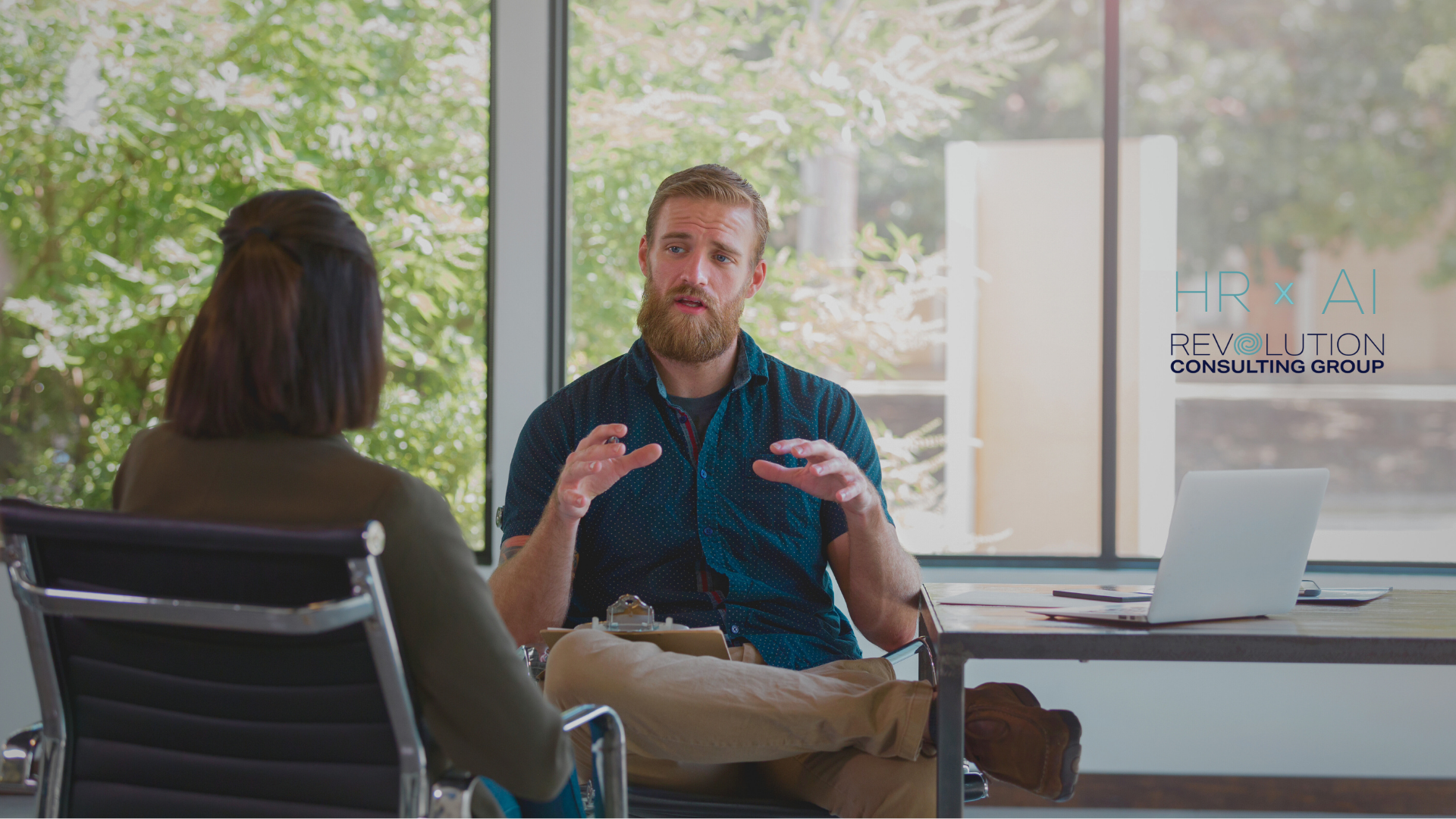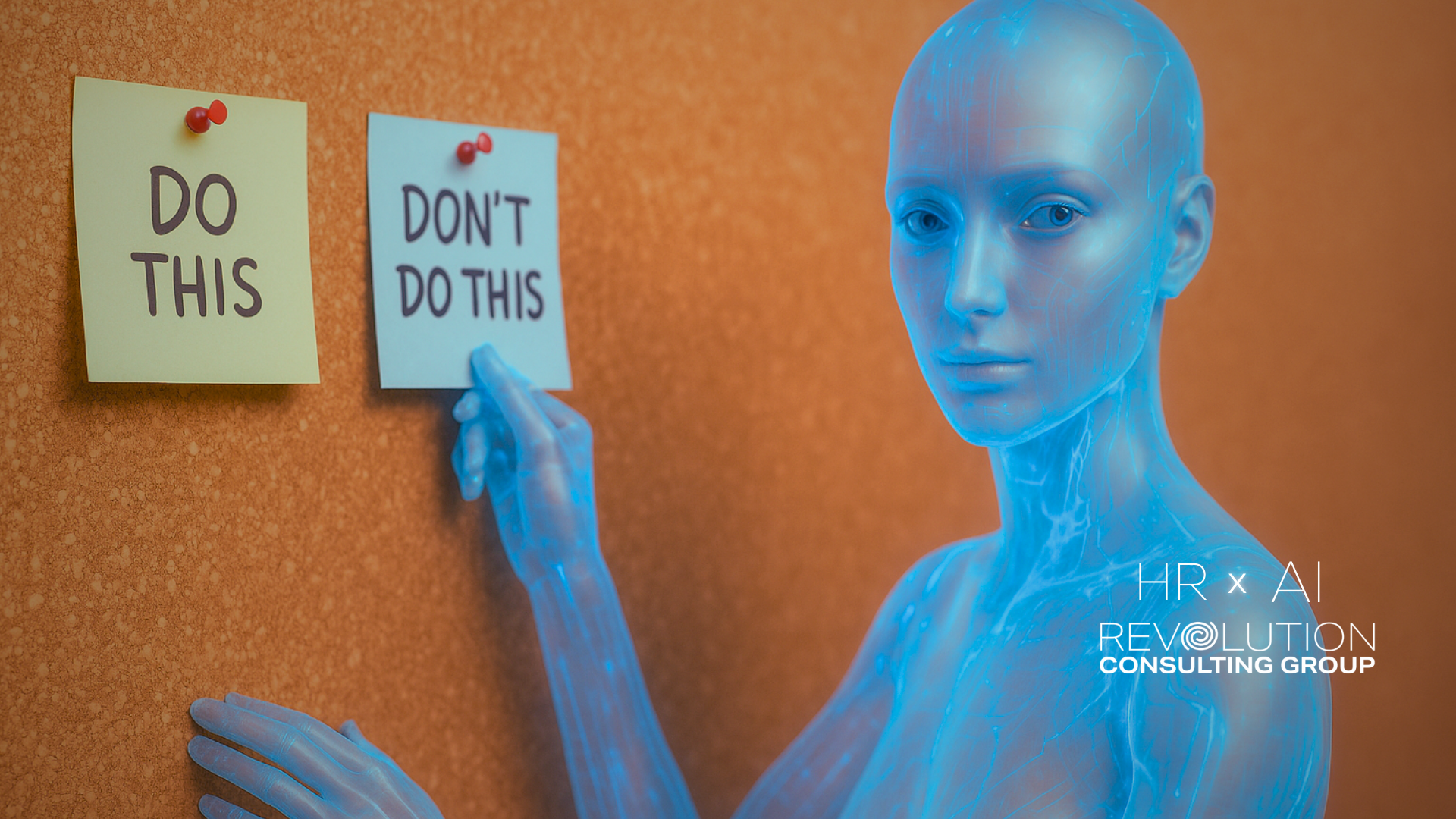The Top 5 job interview question swaps that will help you hire better people!
The Top 5 job interview question swaps that will help you hire better people!
Are you struggling with your recruitment and finding the right person? Maybe it’s time to change up your stale interview questions. Try these 5 question swaps to help you hire better people.
Old - Why are you leaving your current job?
New - Why did you decide to apply for this position?
There are many reasons someone wants to leave a job and they may be afraid to tell you because it's for more money, they’re not feeling challenged or they don’t like their boss. All of these may be valid reasons but don’t always come off sounding good in a job interview context. This question swap focuses on what someone’s motivation is to apply for the job you’re offering, rather than focusing on any negative or unhelpful assumptions about their current job.
Old – What do you know about our company?
New – Why are you interested in working for our company?
This question focuses on the applicant’s motivation to specifically join your company rather than just rattling off a laundry list of things they have seen about your company on your website. The answer should show that they have actually researched your company but is also making them think specifically about what they like about potentially working your company. Is it your culture, benefits, values or mission? If a candidate hasn’t done any research before attending the interview, I would suggest that you probe their motivation for the role and your company a bit further.
Old - What are your strengths?
New - What are your top 2 achievements over past 2-3 years
This question swap should give you better insight into their skills and achievements in real life rather than saying a few buzz words such as ‘being honest, hardworking and reliable’ etc.
Old - What are your weaknesses?
New - What areas do you think you need to improve upon and what are you doing to address them?
People are reluctant to share their faults without having an opportunity to tell you how they are working to improve or better them. This question should show some insight into their skills and also motivation for their own self development.
Old - What’s your current salary?
New - What salary are you seeking in your new role?
This question swap is critical before you get to offer stage. Where possible also build this question into your online screening or seek questionnaire. Just because someone was previously on $70k doesn’t mean that they’ll accept a salary of $72k, just because its higher than their last role. A candidate may feel that they are under-valued or under paid in their current role, may have gained additional skills and experience, or simply want to increase their income. While there may be some room for both parties to negotiate, you need to understand early on if your budget and the candidate’s expectations align.
Takeaway
The competition for good employees is at an all time high, with people looking for more accountability and flexibility in their work as well as having more say in what they do and how they do it (think remote and hybrid working).
The old interview questions or processes of the past wont get you the results you need right now. In addition to these question swaps, it's time to review your all your interview questions as well as your recruitment process to ensure that it is fast (because good candidates are being snapped up quickly) as well as being fit for purpose so your process for each role needs to be relevant for example:
- Do you really need to do 5 reference checks or is 2 enough?
- Are pre-employment medical checks relevant for low risk admin roles?
- Do your interview questions reflect the current company culture as well as outlining the challenges (don't over sell your company culture if there are issues to be solved)
- Are you getting to know the whole person in the interview, not just their qualifications.
- Can you implement processes or systems to help you move the process through quicker?
Additional Help
If you need help reviewing, updating or even creating a new recruitment process, please make a time for us to chat - Book a Call!







READY TO GET THINGS DONE?
Revolution Consulting Group is your Dedicated HR Partner




